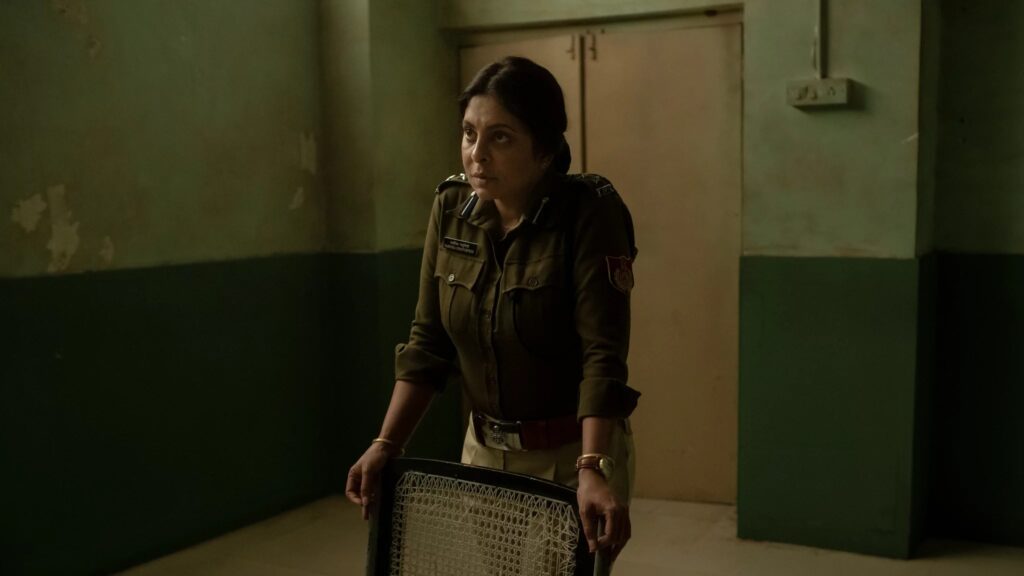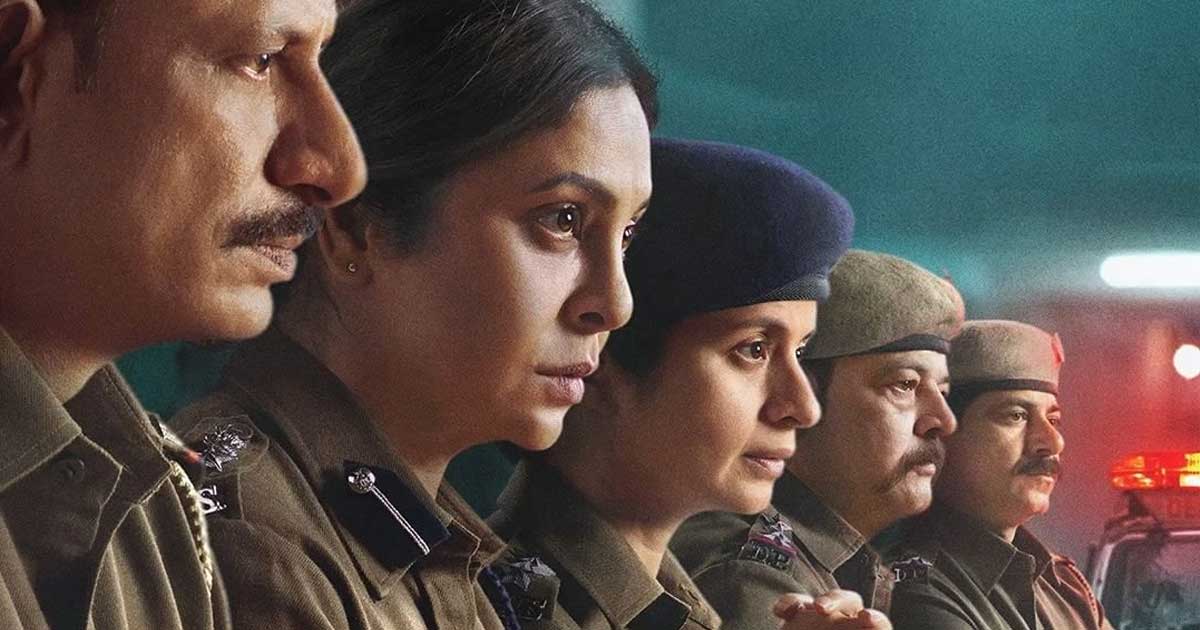The latest season of Delhi Crime, albeit shorter than the first, is nowhere near as excellent as the first. Season 1 focused on a national issue that had caused widespread agitation in the country in 2012. The 2019 season of Delhi Crime did an excellent job of emoting the victim’s feelings in a way that the viewers could sympathize with her since they were still alive.
The most horrifyingly shocking, violently graphic, and well-known sexually deviant violent crime in contemporary Indian history was chosen as the subject of Season 1 of Delhi Crime. It was only natural for the audience to be intrigued by the trailer and pilot episodes themselves. Of course, the fact that the show turned out to be extremely well-crafted was the cherry on top.
However, in the OTT market, the second season frequently has to surpass the first to be able to live up to the hype. In hindsight, a major disadvantage for Delhi Crime was that almost no other crime can compare to the 2012 Delhi gang rape in terms of brutality and the whiplash it stirred up in the Indian masses. Delhi Crime 2 had to develop a novel strategy to engage the audience with the victims. It does this by depicting the savagery of the crimes on screen—a significant U-turn from season one. Never once did season 1 monetize upon the actual gruesome assault by showing it on-screen. Rather, it was very subtly but distinctly portrayed through respectful cinematography that focused on the reactions of the people around the sequences.
The second season of the crime drama follows the Delhi police force years after apprehending the perpetrators of the previous case’s rape.
This season revolves around wealthy elderly folks who reside in gated communities and depict a vibrant existence full of glamour and glitz, falling victim to a series of targeted crimes. The Kachcha Baniyan gang, so named because they preferred short underwear (Kachcha) and tank tops (Baniyan), are the criminals in this case.
The Delhi Police force, under the direction of DCP Vartika Chaturvedi, is in a pickle since the crime’s nature entails slaughtering its victims’ faces by bludgeoning them with hammers. The crimes’ MO (Modus Operandi) is comparable to that of tribal community groups from years past. Still, modern criminals are far too intelligent and don’t make any blunders that put them on the radar of the police.
Despite being brief, the second season of Delhi Crime was just as enraging and had viewers on the edge of their seats as they hoped the police would catch these killers. Although the crimes covered in Season 2 are not as terrible as the rape case from Season 1, there are many more victims in this case, making it much more difficult for the police to apprehend the perpetrators.
While Season 1 focused on the nation’s media landscape, this season also aims to demonstrate how the media affects police-led inquiry. Vartika Chaturvedi, played by Shefali Shah, wins the cake in this one, even though Delhi Crime is supported by flawless performers who have worked very hard on their characters. Everyone falls in love with Vartika Chaturvedi, and Shefali is to blame for that. Shefali helps Vartika transform from a fearless officer to a scary figure in authority who sends criminals running for cover.

Domestic issues wouldn’t have been the least of the worries of Rasika Dugal’s character, Inspector Neeti Singh. Although her spouse, who has vowed to defend the country, is unconcerned with her obligations to the country, watching how her personal life interfered with her professional duties and how it added to her stress was intriguing.
This emotionally draining multitasking is far more common for working women than is depicted in the media; Delhi Crime should be commended for keeping this side plot as a constant reminder to the Indian audience by placing Vartika’s husband on the opposite spectrum to Neeti’s husband.
It’s delightful to watch Rajesh Tailang in his role as Inspector Bhupendra Singh; he is always cool under pressure. Because I adored every single scene he was in last season, I hoped Inspector Sudhir Kumar had more time on screen in Season 2. Tillotama Shone portrays the psychotic Karishma, who is so desperate to live the life of the rich that she has no remorse about killing people. However, we genuinely do not discover what goes on in criminals’ heads and why they do what they do. She is a maniac, and what she did in the last few episodes proved that, yet she could still go about her daily life guilt-free.
The second season, like the first, emphasizes how criminals occasionally commit crimes solely to obtain them. The season held up well on its own and was compelling all the way to the end, but I was much more invested in season one. This bias might have something to do with how the first case was reported by the media, even though the crime was committed years ago, which piqued my curiosity. However, the crime from Season 2 was less enticing and intense than the first, so it probably did not keep me riveted until the end.
All things considered, Shefali and her team’s tenacious pursuit of the bad guys is what actually makes the program. The viewers are reassured that not all police officers are wrong and that the media’s representation of the Indian police force is significantly skewed by her character’s role as a frontline worker to safeguard residents. Overall, though, this is a fun sequel and is recommended for the fans of Delhi Crime, and people who love crime-thrillers in general.






















